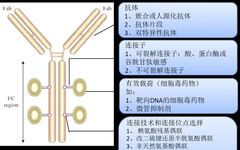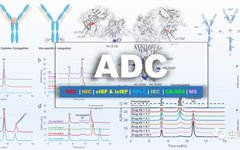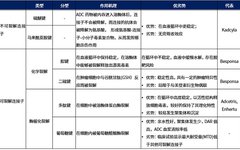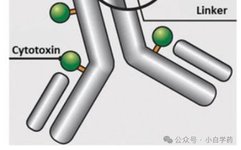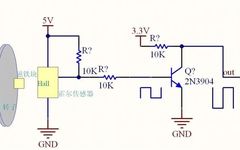The Amazing ‘Magic Bullet’ – Antibody-Drug Conjugates (ADCs)
The Concept and Development History of ADC The treatment of tumors has always undergone a continuous transformation from theory to application, breaking and transforming again. As early as a century ago, scholars proposed the concept of antibody-drug conjugates (ADCs), vividly calling them “magic bullets,” aimed at targeting specific antigens that may exist on the surface … Read more
